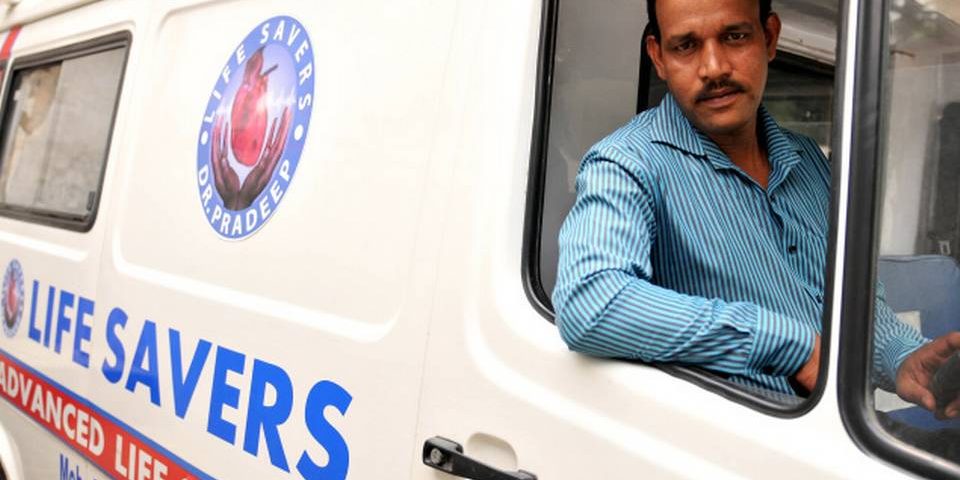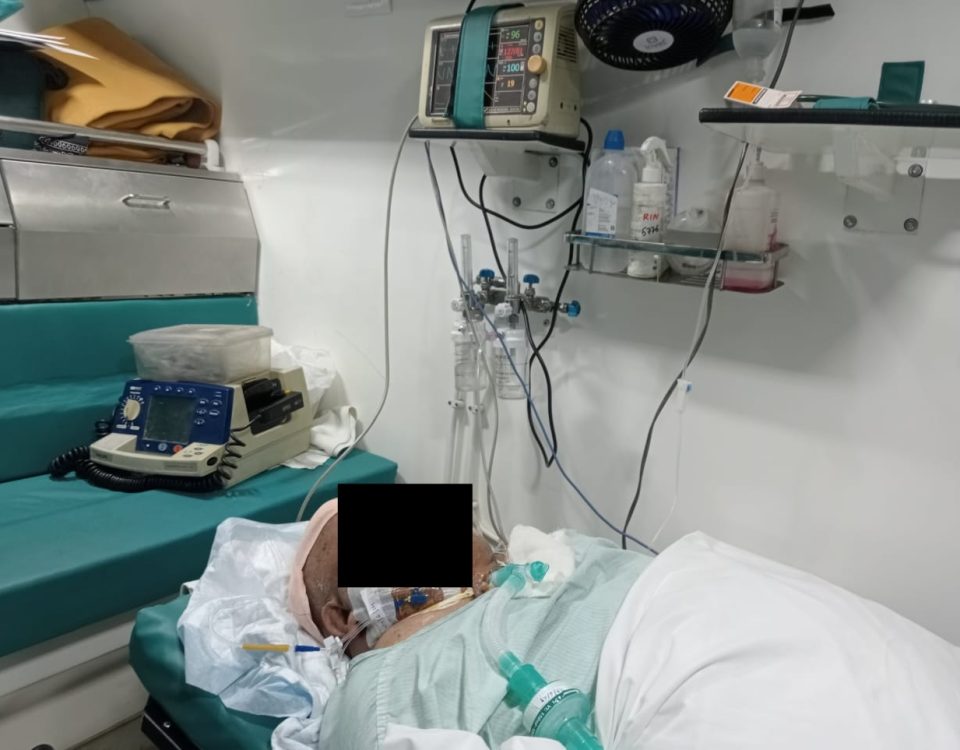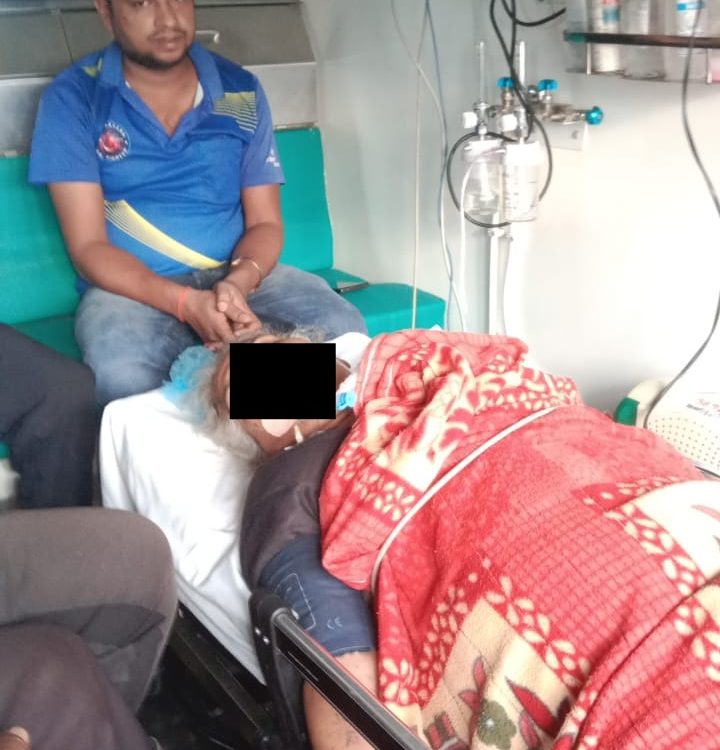Having a Heart Attack? Follow these Tips Until the Ambulance Arrives!

A majority of the patients who undergo heart attacks have a hint that something is wrong with their bodies. In India, every year, 33% of people die because of heart-related diseases.
If you are alone and undergoing a heart attack, you might worry and exert yourself, worsening the symptoms.
However, taking the right steps before the medical emergency vehicle arrives might end up stabilizing your heart condition. Below we have listed the dos and don'ts one should follow when a heart attack strikes.
But first, let's understand what a heart attack is?
During a heart attack, our blood is incapable of entering into one of its arteries because of a blockage which is either due to clots or constricted veins. When it happens, the patients experience tightening in their chest; usually, they refer to as discomfort. A sudden pain in the chest is the most common sign. It can persist and pass to the left arm, shoulder or jaw.
Some people can mistake cardiac arrest for heart attack, but both are different. In cardiac arrest, the heart stops functioning altogether because of the lack of oxygenated blood. The absence of blood circulation leads to the death of the heart muscles. In such a situation, CPR becomes vital. However, it must be performed only by a medical professional.
What should you do?
1. Call for Ambulance
The first step is to call for a medical emergency vehicle. If you are able to walk, open your doors and lock your pets in a separate room. Do inform the emergency service that you are having a heart attack. Use the word, so you are served by an advanced life-support ambulance.
2. Take Aspirin
Aspirin is a scientifically proven blood thinner. Therefore, when clots are responsible for a heart attack, it might ease the symptoms. But, be mindful of the dosage. You shouldn't exceed 300 mg. Take the medication only if you are advised by your doctor to do so. One thing to keep in mind is allergies. Needless to say, people who are allergic to Aspirin shouldn't consume it.
3. Stay Calm
Once you have notified ambulance services, be patient. The best support you can give yourself is being in a restful position that doesn't put any pressure on your heart. Sit in a comfortable posture with your back against the wall or chair.
Don't stress. Instead, concentrate on your breath.
What shouldn't you do?
1. Ignore Mild Symptoms
Severe chest pain and shortness of breath instantly make patients aware of impending medical emergencies, but some non-classical symptoms they often overlook.
You should get medical help if you experience any of the below:-
Pain in the centre of the chest with your face turning pale and feeling light-headed.
Nausea, indigestion, heartburn, or abdominal pain
Excess Perspiration
2. Coughing
Opposed to the widely popular myth, cough CPR has no proven record of mitigating a heart attack. On the contrary, it can escalate your condition by putting additional strain on the organ.
However, at the time a heart stops beating, it might improve the condition. This generally happens with cardiac arrest patients.
3. Don't take Nitroglycerin
Unless your doctor has specifically prescribed it, you shouldn't go for this option. Nitroglycerin is not a drug for typically treating heart attacks. Primarily it is administered to people suffering from Angina and coronary artery diseases.
4. Driving Yourself to Hospital
When you are on your way to the hospital, an EMD will administer you proper treatment and ensure you are under less pain and discomfort. It is the reason why you shouldn't ask a family member to drop you at the hospital and wait for the emergency ambulance.
Conclusion: Following the correct course while experiencing a heart attack can prove to be a lifesaver. If you follow the above steps, you might reduce the risk to your heart till you receive help from qualified doctors.



